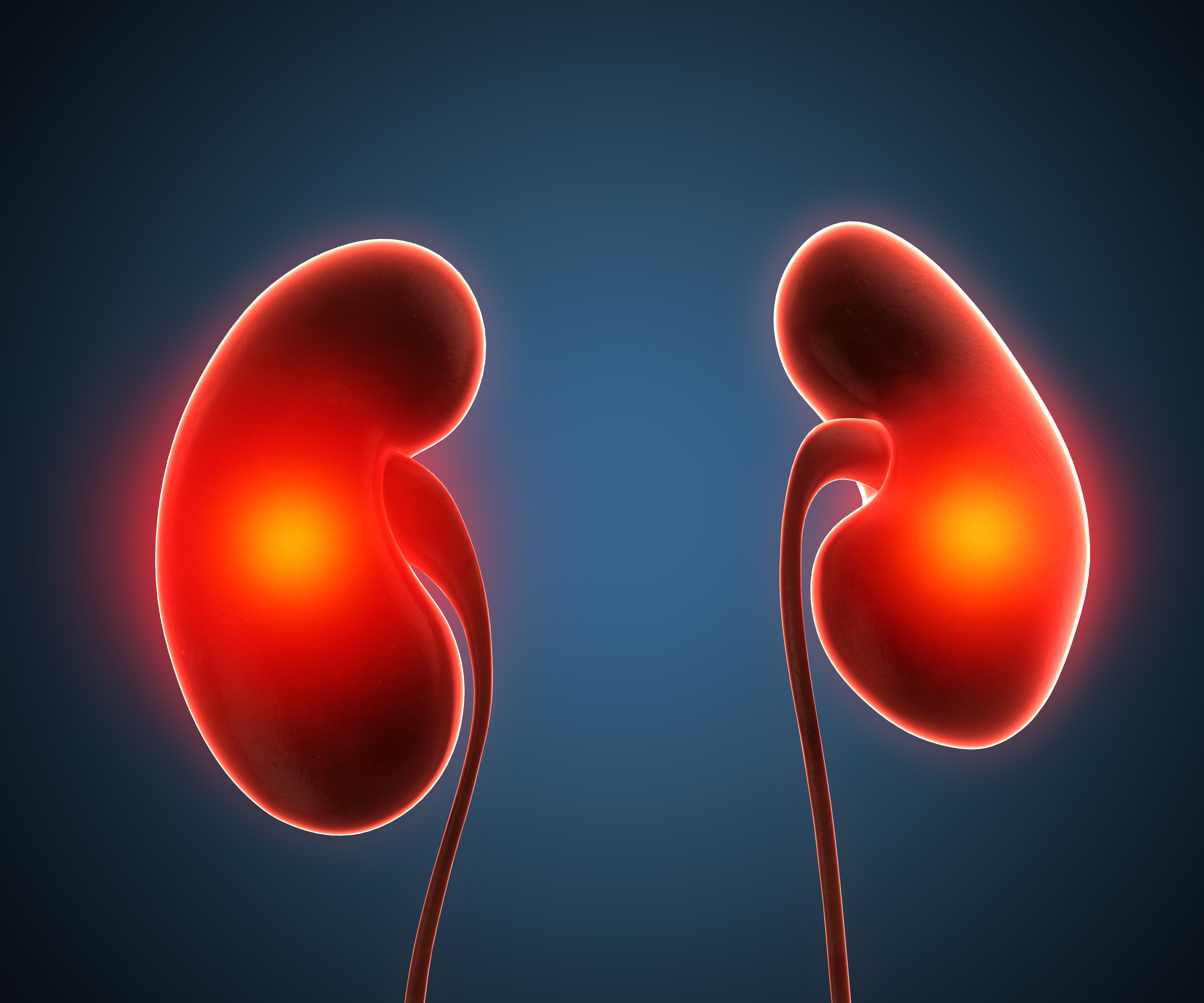News
Video
Peter C Taylor, PhD: Nipocalimab Shows Promise in Rheumatoid Arthritis Treatment
Author(s):
Peter C Taylor, PhD, discusses the efficacy and safety of nipocalimab in patients with active rheumatoid arthritis.
Peter C Taylor, PhD, Norman Collisson professor of Musculoskeletal Sciences at the University of Oxford, sat down with HCPLive to discuss the efficacy and safety of nipocalimab in patients with moderate to severe active rheumatoid arthritis (RA), as evaluated in the IRIS-RA study.
The multicenter, randomized, double-blinded, placebo-controlled phase 2a trial explored the inhibition of the neonatal fragment crystallizable (Fc) receptor (FcRn) in RA. FcRn facilitates the transfer of a specific immunoglobulin class (IgG) across the placenta and plays a crucial role in recycling IgG within the body. However, in autoimmune diseases like RA, where pathogenic autoantibodies exist, hindering this recycling process might be beneficial.
Nipocalimab, the biologic drug studied, targets FcRn, aiming to enhance the breakdown of IgG, particularly pathogenic IgG
The study enrolled approximately 20 patients receiving a placebo and 30 to 32 patients on active treatment. The primary goal was to assess the change in Disease Activity Score-28 for Rheumatoid Arthritis with CRP (DAS28-CRP) at week 12 between groups. Although the primary endpoint did not reach statistical significance and nipocalimab did not affect acute phase markers like CRP, it showed promise in reducing swollen and tender joint counts.
A significant observation was made concerning patients with higher baseline levels of a specific autoantibody, Antibodies to Citrullinated Protein Antigens (ACPA) CCP2. These patients responded particularly well to nipocalimab, indicating these autoantibodies might directly contribute to the disease's symptoms and signs.
However, the overall efficacy of nipocalimab varied among patients, leading to mixed results and the primary endpoint not being met. Still, the study presents opportunities to generate hypotheses for further investigation. For instance, Taylor hypothesized if patients with higher circulating levels of the drug or those with enriched seropositivity could show better responses. Additionally, exploring combination therapy with nipocalimab and agents targeting different immune pathways could yield new insights into treatment.





